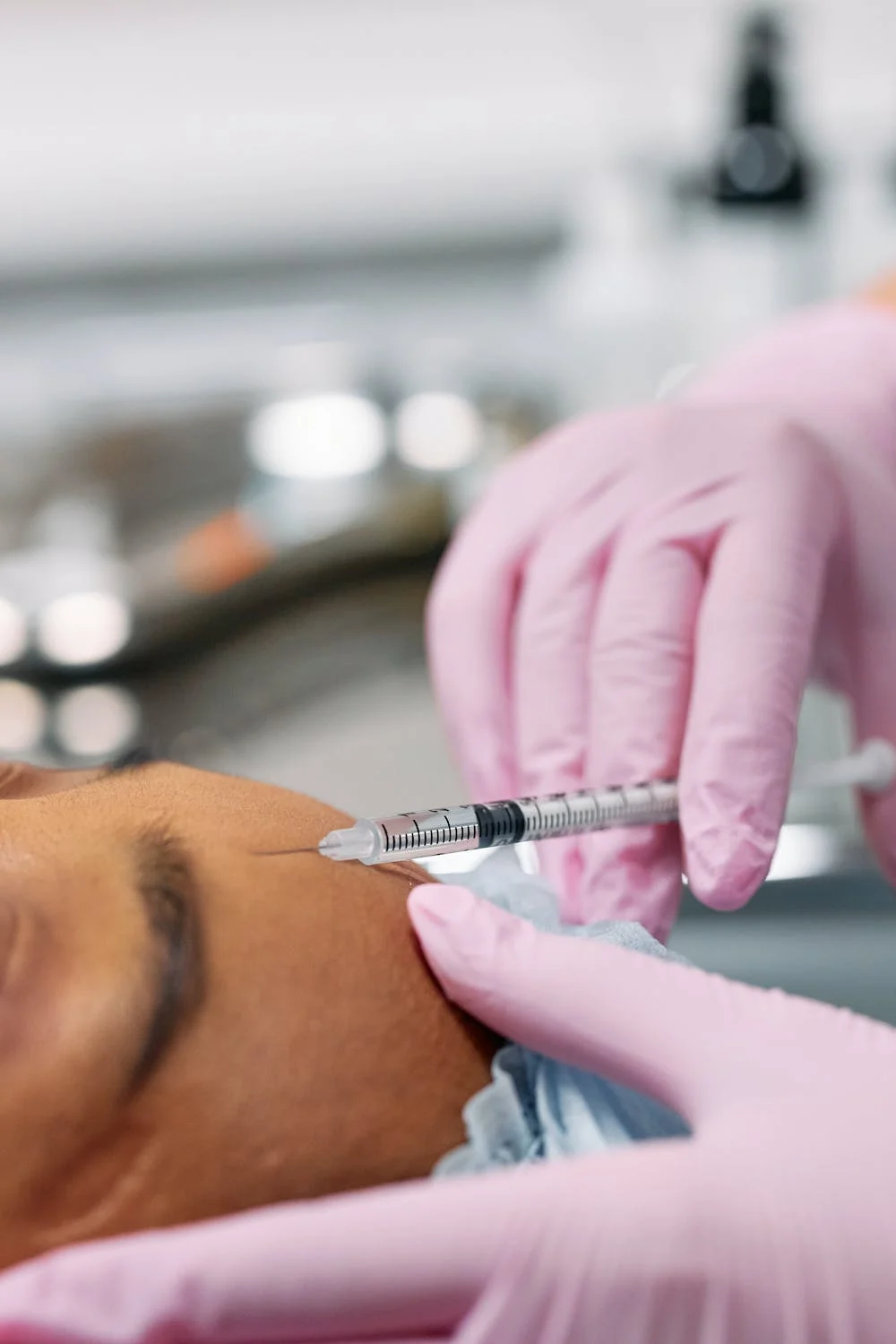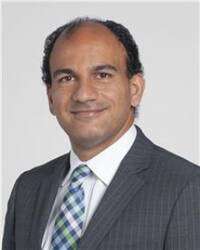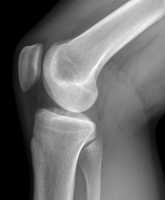Author Interviews, Dermatology, JAMA, Surgical Research / 16.11.2023
Reduced Recurrence of Pilonidal Cysts with Addition of Laser Hair Removal
MedicalResearch.com Interview with:
Peter C. Minneci, MD
Chair of Surgery at Nemours Children’s Health
Delaware Valley
MedicalResearch.com: What is the background for this study? Would you briefly explain the symptoms/course of pilonidal disease?
Response: Pilonidal disease is relatively common and affects up to 1% of the population starting in adolescence and up until young adulthood. Pilonidal disease occurs when cysts or sinuses form between the buttocks. It is believed to be an inflammatory reaction to hair or debris that gets caught in the crease of the buttocks. Risk factors for the condition include a sedentary lifestyle, hygiene and obesity.
Pilonidal disease can be intermittent or chronic and recurs about 33% of the time, with 80% of recurrences taking place within a year of initial treatment. These recurrences contribute to a high degree of psychosocial stress in patients, who often miss school or sports and may avoid social activities. Pilonidal cysts may become infected, in which case patients must take antibiotics or undergo surgery.
Standard treatment for pilonidal disease involves removal of hair with razors or creams, as well as recommendations such as keeping the area clean. In recent years, some practitioners have begun using laser epilation as an additional strategy to prevent recurrence by providing more durable hair removal. However, it’s important to point out that this is not covered by insurance. In addition, as a provider, I have found that my patients that do have the means to pay often don’t comply with the number of sessions needed to fully remove the hair due to many different factors including pain and discomfort during the procedure.
(more…)







 Individuality is the buzzword on the current aesthetic medicine scene at a time in which the arrival of the remote working phenomenon has sparked an interest in more facial surgery and procedures delivering a more natural effect.
Individuality is the buzzword on the current aesthetic medicine scene at a time in which the arrival of the remote working phenomenon has sparked an interest in more facial surgery and procedures delivering a more natural effect. 






















